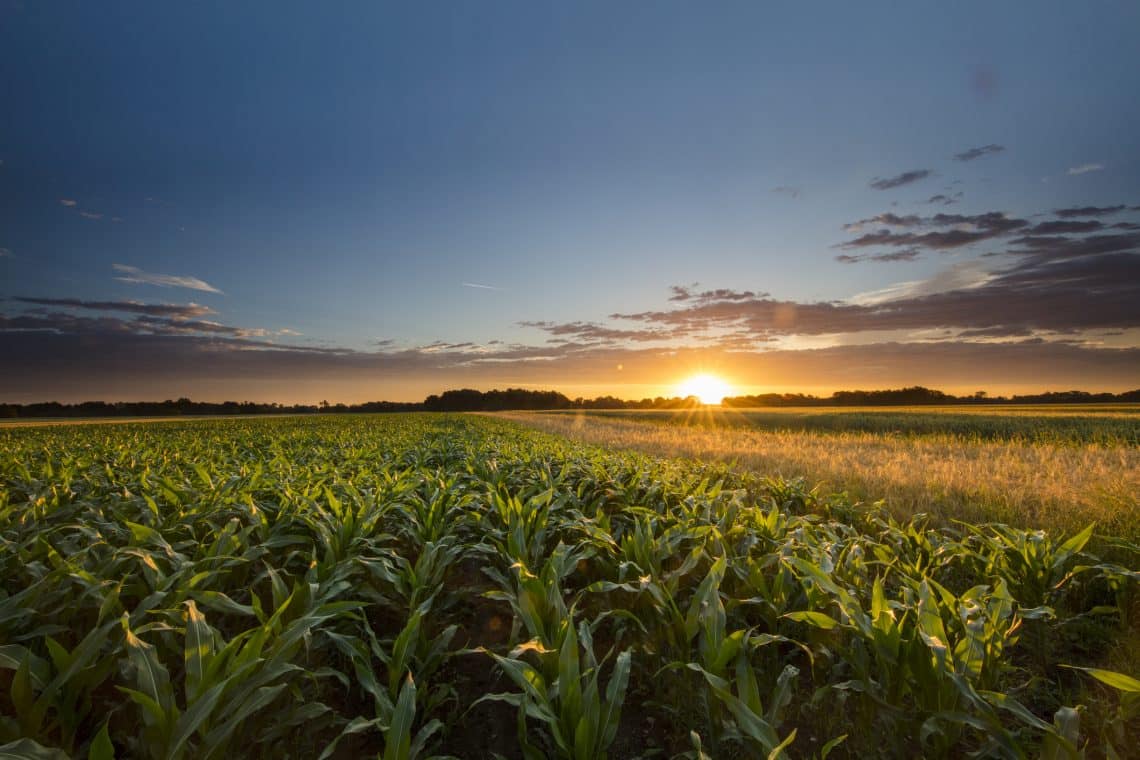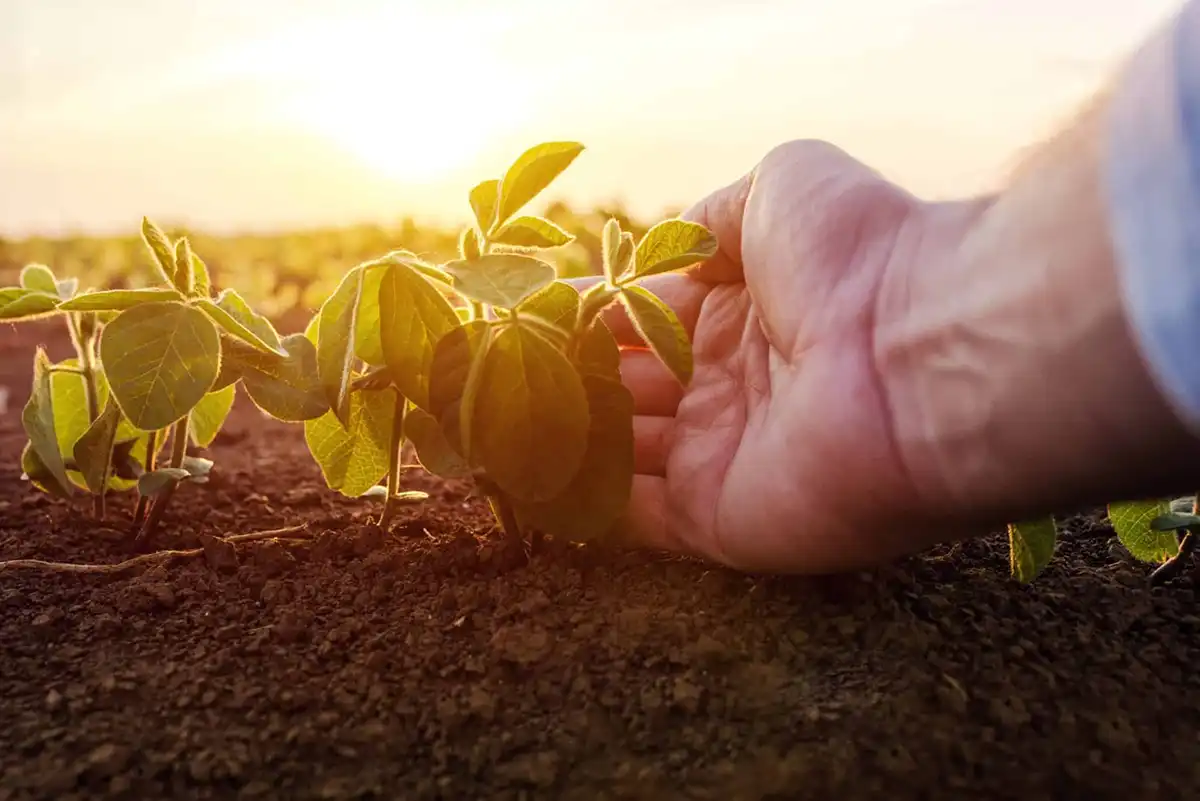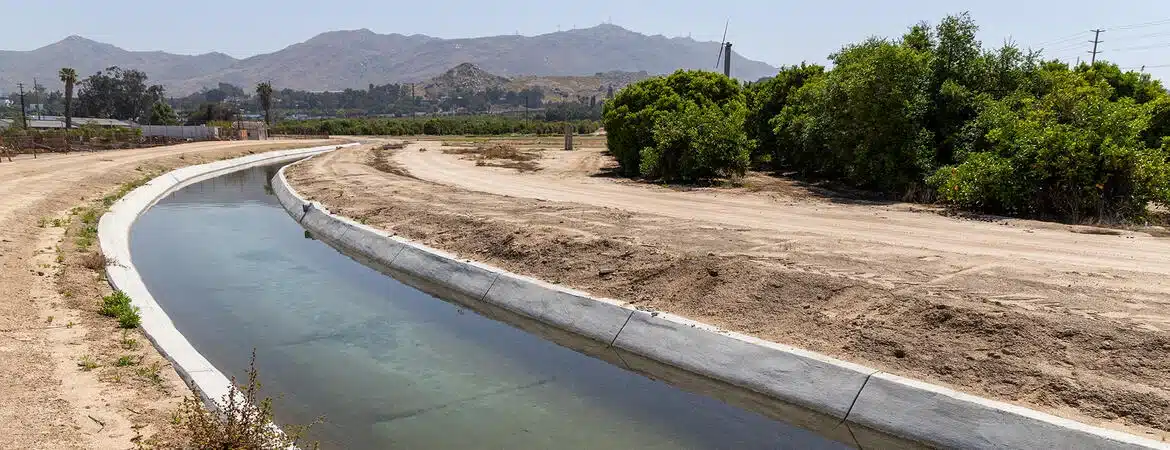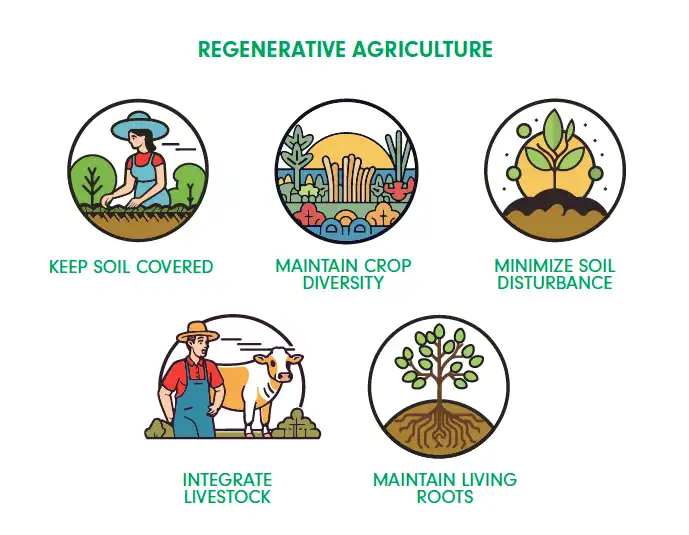The future of farming has become an important discussion topic over the last decade. Agriculture has been associated with climate change, soil and water degradation, yield declines, biodiversity loss and health issues, so regulations in Europe and elsewhere have become restrictive and near breaking point. More critical, many developing countries are facing groundwater declines, droughts, degraded coastal regions, rising sea levels and food security issues.
I will not get into the numbers game on the amount of land degraded by farming or how much land is needed to feed the world. It is safe to say that a large global population lives in vulnerable situations along coastlines that are being damaged by erosion and rising sea levels. It is further safe to say that agriculture yields will need to increase, on less land while facing water issues in many warming climates.
What hasn’t been said is that agriculture needs to be redefined.
We have a definition of agriculture that has not changed much since Biblical times. Farmers clear the land, plant the seeds and harvest crops for human or livestock consumption. However, there is a movement toward extending our conception of agriculture to include saltwater farming, particularly in degraded and vulnerable coastal regions. The potential to restore wetlands and improve resilience to climate and biodiversity threats while increasing agricultural output and developing impoverished coastal communities seems like a clear win on all sides.
The seed breeding community needs to consider saltwater farming as an important element in the future of farming and seek opportunities to develop plants and crops that will thrive in this agricultural revolution.
I was attracted to this counterintuitive approach after being introduced to an organisation called Seawater Solutions. https://seawatersolutions.org/about-us/ Their “Regenerative Seawater Agriculture (RAS) system” introduced salt-tolerant species and ecologies onto degraded land to restore the ecosystems while producing valuable agricultural products. At the same time, they are stopping coastal erosion and developing carbon sinks.
There are over 40 saltwater plants that can be grown via low-input aquaculture providing edible salt-tolerant products. Looking at how these crops can be grown, producing everything from super-foods like samphire to livestock feed, from cosmetics to biofuels, from oyster to mussel aquacultures, I began to realise that there is a world for plant breeders to discover and develop here. With the proper development, the saltwater farming techniques can also be applied to regions suffering from desertification.
Sustainable Head Starts
Before seed breeders develop more efficient saltwater plants, there are already significant sustainable advantages to this type of agriculture:
- Some of the halophyte species already being harvested are perennials. Their roots continue to grow and store carbon in the soil while combatting erosion.
- Conventional farm machinery can operate with slight adaptions to harvest the growth from such perennials up to four times a year, with no need for tillage.
- The saltwater acts as a natural pesticide and with the nutrients from the sea coming in with the tides, there is little need for fertilizer, and no irrigation issues.
- The restoration of marshlands, river deltas, mangroves, estuaries, coastal wetlands and desertified regions creates the opportunity for a return of biodiversity, wildlife populations and migratory habitats.
- The variations in coastal land use create opportunities for multi-cropping as well as the development of established hydroponics and aquaculture techniques.
This is an enormous opportunity: unlimited water, unused and degraded land often in regions in need of economic development. At a time of rising sea levels, droughts, competition for fresh water and salinisation of water tables, there is a real need to redefine agriculture. What is lacking is a mindset change – of what farming is and what it can become.
Think Differently
The future of farming is not etched in the stones of tradition. As the world faces increasing crises, harder decisions will need to be made and, like it or not, agriculture will be at the forefront of that rethink. I fear shifting narratives and reactive regulations will mean that industry will be playing a lesser role in developing agricultural innovations while more endowed foundations and aid agencies will lead the next farming revolutions in the South.
Privately funded research institutes in developing countries will be creating local solutions to regional challenges. In other words, saltwater farming will be one of the main research focuses for plant breeders. What researchers do today will set the roadmap for tomorrow.
So, this is my call to the seed breeding community. There is a world of opportunity to be developed in designing plants for saltwater farmers; a world of solutions to many of the environmental threats that will dog humanity for the next century. But in this changing landscape, one constant remains: It all starts with a seed.













